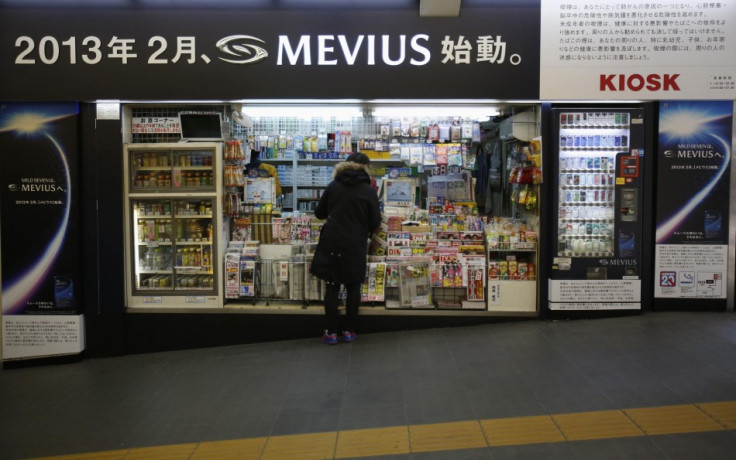Japan's Consumer Prices Fall 0.2% in January
Jobless rate declined to 4.2 percent in January from revised 4.3 percent in December

Consumer prices in Japan have declined for the third straight month in January, indicating persistent challenges to the country's attempt to tackle deflation that has been hurting the economy for nearly two decades.
Consumer prices, excluding food, fell 0.2 percent in January from a year earlier, according to the statistics bureau. The monthly inflation rate was in line with economists' expectations.
Excluding food and energy, consumer prices declined an annual 0.7 percent, faster than a 0.6 percent decline in the year to December. Core consumer prices in Tokyo declined 0.6 percent in the year to February.
Continued deflation in the country has been hurting domestic demand, as consumers postpone their purchases in hopes of further decline in prices. While supporting aggressive monetary easing, the new government led by Shinzo Abe has been stressing on the importance of consumer price growth for reviving the ailing economy.
In his battle against deflation, Abe had even suggested that the Bank of Japan (BoJ) print "unlimited yen" to help stoke consumer price growth. Pumping additional funds into the market would give consumers more money to spend, thereby increasing demand and prices. The central bank doubled its inflation target to 2 percent earlier this year.
Abe has nominated Haruhiko Kuroda, the president of the Asian Development Bank, to be the next Governor of BoJ. Kuroda had earlier hinted his support for Abe's radical policies to revive growth.
The latest inflation data indicates that reaching the 2 percent inflation target will not be easy for the country. The central bank is expected to leave its current policy on hold when it meets next week. However, the new leadership to be appointed next month is expected to go in for bolder decisions, including aggressive purchases of government debt and other assets.
Other economic data from the country is promising, with the jobless rate declining to 4.2 percent in January from a revised 4.3 percent in December, in line with economists' projections.
Meanwhile, industrial production rose by 1.0 percent month-on-month in January, but it was slightly below expectations. Further, the output projections by firms for the next two months and a pick-up in the manufacturing PMI for February are also promising for the economy.
© Copyright IBTimes 2025. All rights reserved.




















